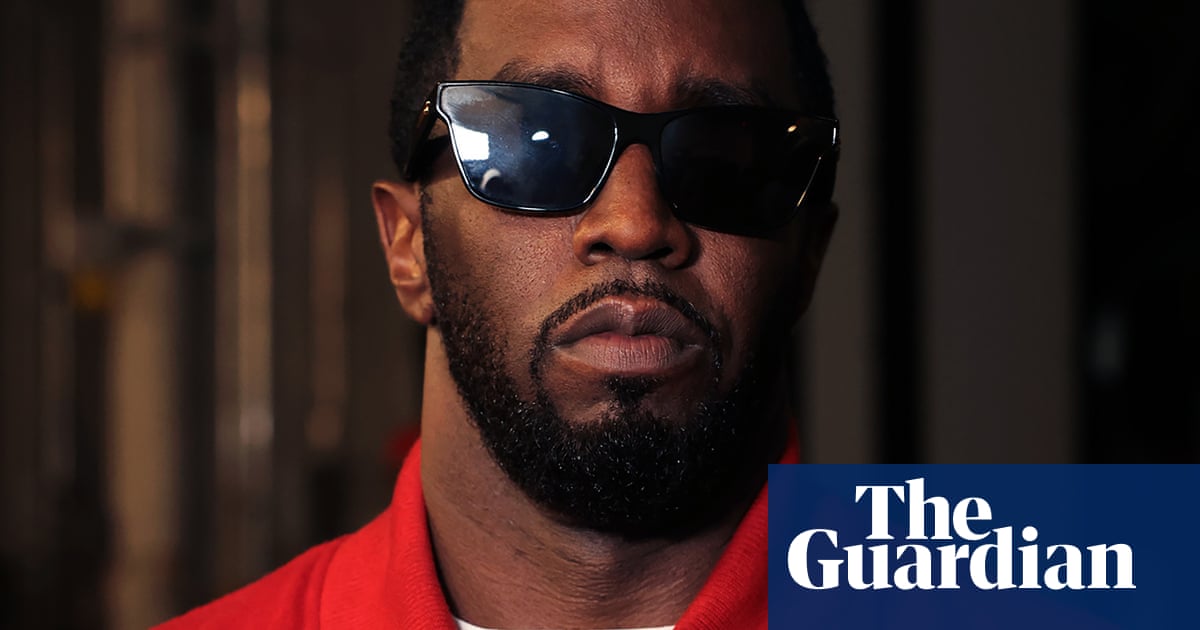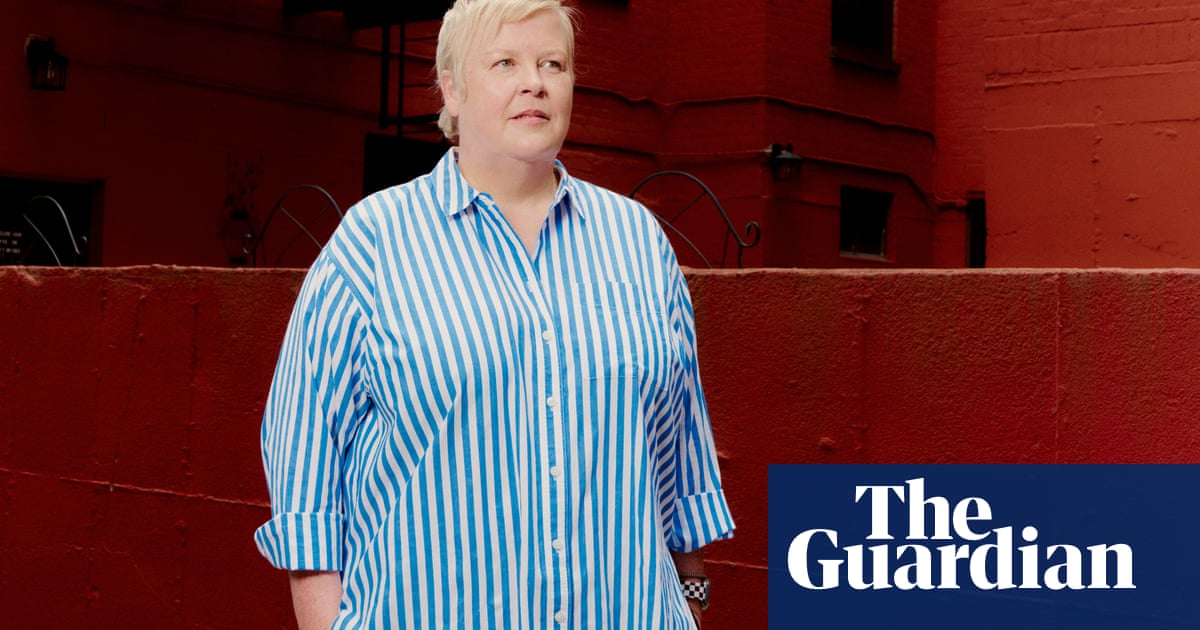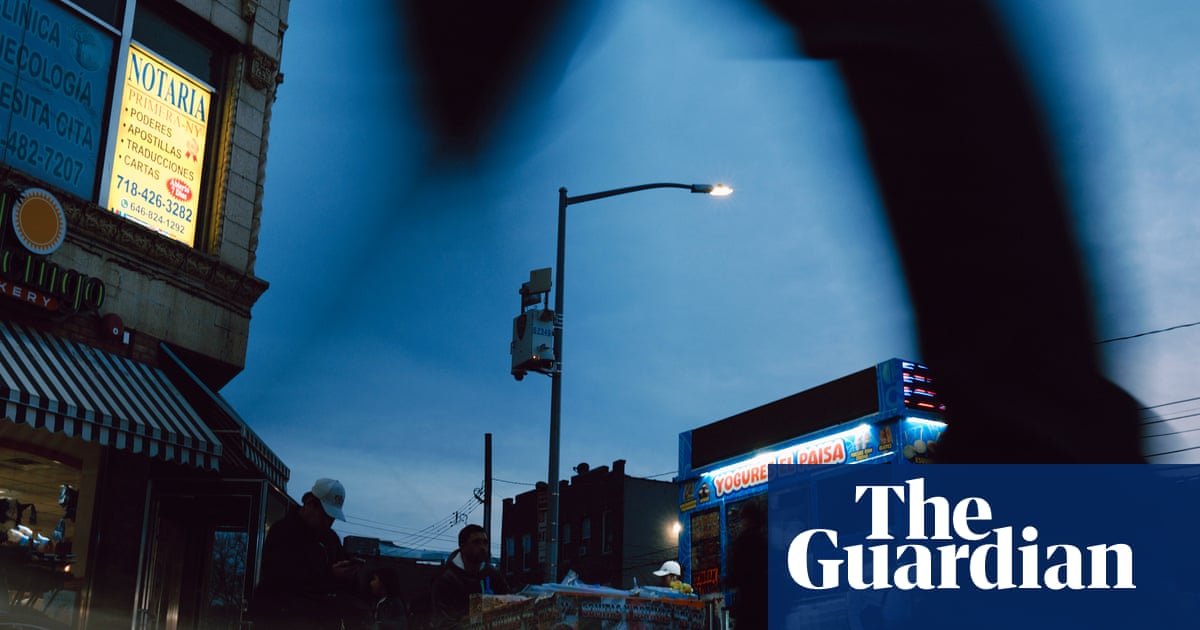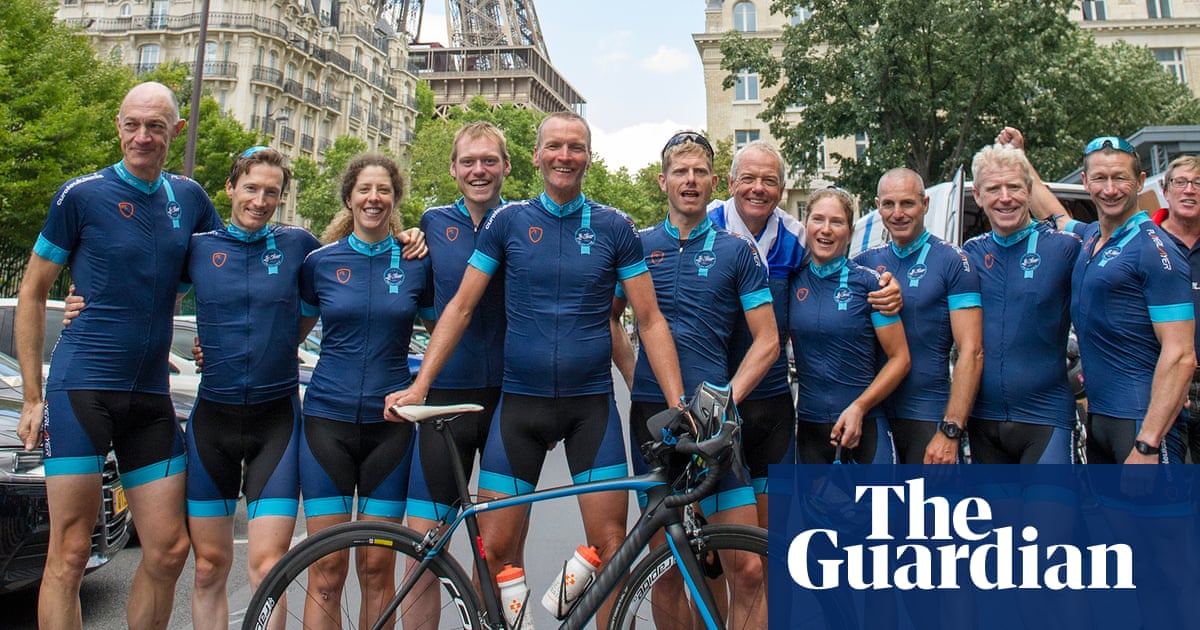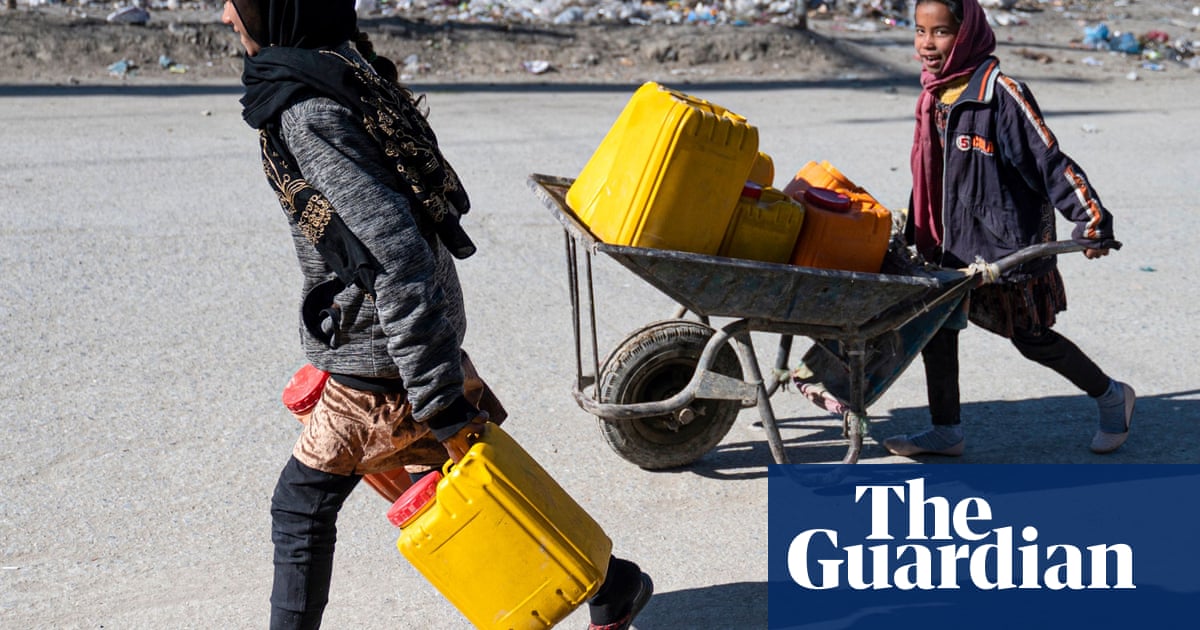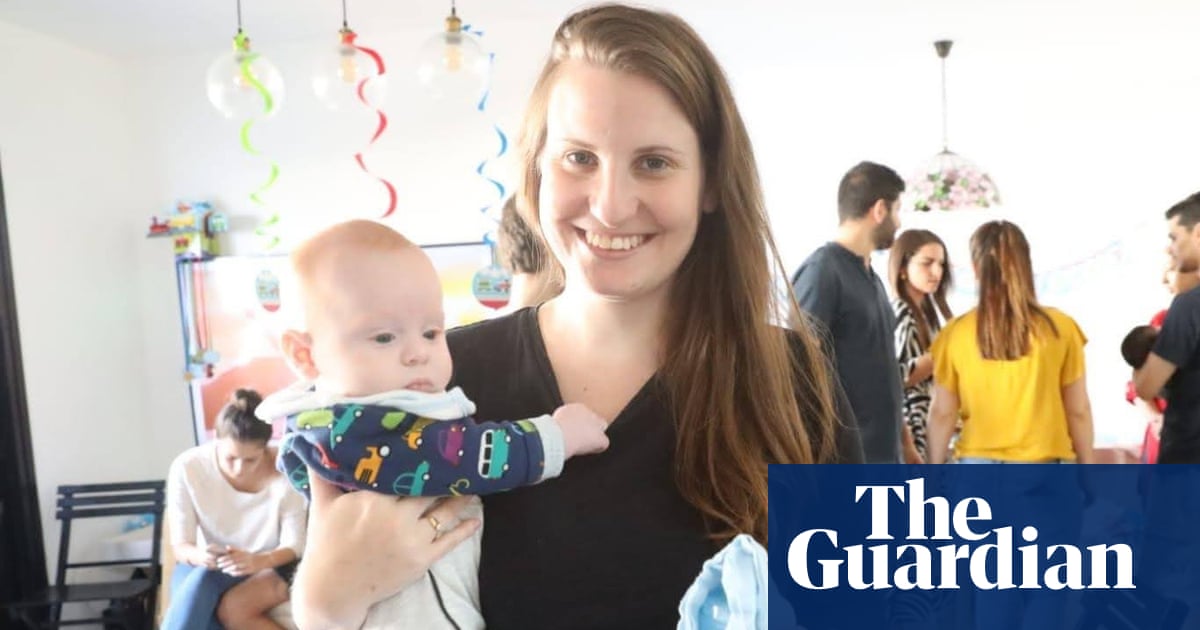The legalisation of assisted dying in England and Wales could create “a new tool to harm vulnerable women”, particularly those subject to domestic violence and coercive control, say female faith leaders from different traditions.
More than 100 women from Christian, Muslim, Jewish and Sikh groups have warned in an open letter that the terminally ill adults bill has “insufficient safeguards to protect some of the most marginalised in society, particularly women subjected to gender-based violence and abuse by a partner”.
The proposed legislation could help such women to end their lives, says the letter, which was published on Sunday on the website of Theos, a Christian thinktank.
Concerns that the assisted dying bill could put vulnerable women in danger were raised earlier this year by charities involved in domestic violence and coercive control. They said some perpetrators drove their victims to suicide, and there was a “significant risk” that coercion could play a part in some cases of assisted dying.
But Lesley Storey, the chief executive of My Sister’s Place, a charity that supports victims of domestic abuse, said the bill provided “rigorous safeguards where currently there are none”.
In another open letter, co-signed by more than 40 women, Storey said the “risk of coercion for terminally ill women in abusive relationships is real … It thrives in the absence of oversight, where there are no safeguards, checks, or balances”.
The safeguards in the bill included comprehensive assessments by professionals, mandatory coercion training, and new criminal offences around coercion. The bill sought “to put in place robust protections to help ensure that potential coercion is exposed and prevented at every point,” Storey said.
The signatories of the female faith leaders’ letter include Sarah Mullally, the bishop of London and the third most senior figure in the Church of England, as well as four other C of E bishops, alongside Zara Mohammed, the former secretary general of the Muslim Council of Britain, and Sam Clifford, the chief executive of Jewish Women’s Aid.
They write: “Domestic abuse victims who are also women of faith can face a particular form of abuse at the hands of their perpetrators, who may weaponise theologies and culture to harm and control their victims.”
The bill “fails to take account of how faith and its role at the end of life, as well as its use by both perpetrators and the women they abuse, create complex dynamics that can lead to vulnerable women, who may also hold strong religious beliefs, seeing no way out but death”, they continue.
The letter adds: “Much of the debate inside and outside parliament has been conducted by those empowered to speak of the importance of personal choice, without consideration of those who struggle to be heard in the public square.
“It is the voices of the unheard, ignored, and marginalised that we are compelled by our faith traditions and scriptures to listen and draw attention to, in the pursuit of good law-making for the common good – legislation that considers and protects the most vulnerable, not just those who speak loudest.”
Women with abusive partners “may seek assisted deaths to end their suffering at the hands of an abuser”, the letter says, adding that the bill lacks safeguards and has “too much potential to hurt vulnerable people”.
Chine McDonald, the director of Theos and the letter’s lead signatory, said: “The number and diversity of women of faith from across religious traditions, ages, and geographical locations who wanted to sign this letter shows the depth of concern about the effects of this bill on women and those in vulnerable situations. It’s for them that, compelled by our faith and scriptures, we cannot and will not be silent.”
Kim Leadbetter, the Labour MP who proposed the bill, said: “Following changes in committee, the bill now contains even stronger provisions to guard against coercion and pressure on people in end-of-life care.
“What this bill does is give women autonomy over their bodies as they reach the end, just as I believe they should have autonomy throughout their lives.”
The assisted dying bill has completed its committee stage and is due to return to the House of Commons on 25 April.
-
In the UK, call the national domestic abuse helpline on 0808 2000 247, or visit Women’s Aid. In Australia, the national family violence counselling service is on 1800 737 732. In the US, the domestic violence hotline is 1-800-799-SAFE (7233). Other international helplines may be found via www.befrienders.org

.png) 2 months ago
34
2 months ago
34



